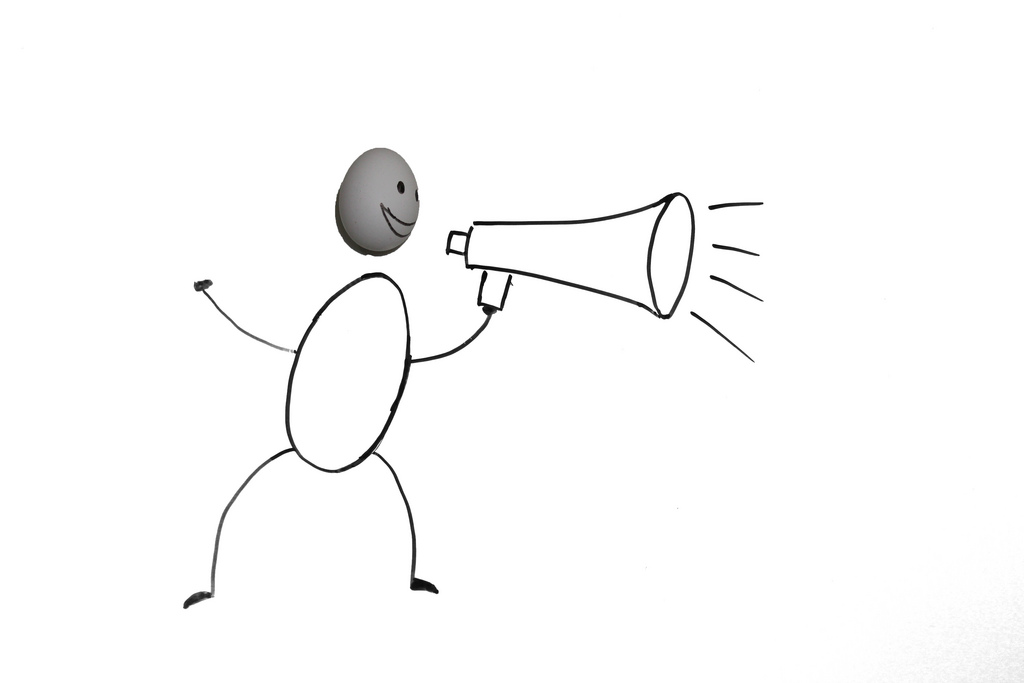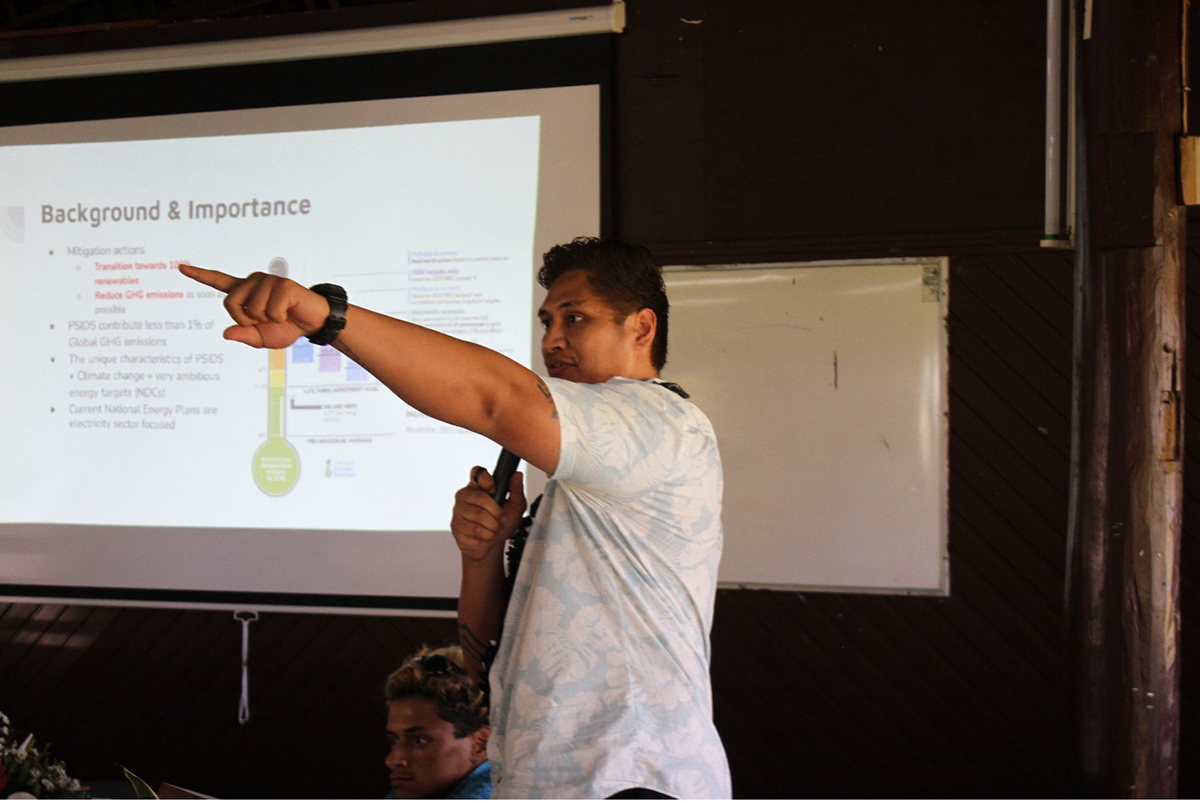“Twitter should be more than a virtual loudspeaker”
December 15 Social media has become a powerful tool for diplomats, writes Christine Shahbenderian, 23, a Correspondent from Nicosia in Cyprus, with great potential for two-way communication.
Social media has become a powerful tool for diplomats, writes Christine Shahbenderian, 23, a Correspondent from Nicosia in Cyprus, with great potential for two-way communication.
‘’It is not the strongest or the most intelligent who will survive but those who best manage change’’-a Darwinian dictum that leaves little room for doubt.
The globalising transformations ushered in by the rise of the Internet and advanced computing technology have given birth to very important social networking platforms – Facebook and Twitter. It is common knowledge, however, that diplomats increasingly prefer the latter, not only because of its concise nature but more crucially because of its perceived usefulness as a tool for a multitude of diplomatic functions.
Social media tools like Twitter are hardly substituting traditional diplomatic tools, and neither should they – as a cautious and circumspect endeavor, diplomacy needs privacy. However, the incremental but profound social and political power shifts being spurred by these mediums are increasingly leading diplomats to realise that they need to include them in their diplomatic toolbox.
Arguably one of the greatest added values of Twitter is its ability to foster social communication. It connects human beings with each other and this ‘’network effect’’ is little appreciated. It is no wonder that diplomatic Twitter accounts, despite the platform being launched in 2006, grew significantly after the Arab Spring in 2011, during which many state actors saw its great instrumentality in connecting people and giving the opportunity to mobilise, engage and converse. In fact there are few alternatives as far-reaching, effective, with wide audience – and more importantly young ones – as Twitter.
More poignantly, global diplomacy is often characterized by a geographic bias in which smaller nations struggle to compete with larger ones. Being a great power or a large country undoubtedly comes with structural advantage – that is, wider coverage in the media and beyond. The exposure of Cyprus on the other hand, despite its membership in two important families, the Commonwealth and the European Union, is very limited. Does using Twitter nullify this inequality? Hardly, but it does level the diplomatic playing field. Digital diplomacy enables smaller states to position themselves at the very heart of world diplomacy. Indeed, the democratising impact of digital diplomacy is most evident with African foreign ministries, which attract the attention of, and communicate with, world powers through social media.
Social media is often criticised for its enforced brevity, which some contend simplifies public discourse on nuanced foreign policy initiatives. However, it is precisely because it induces directness and doesn’t leave room for obfuscation that diplomats increasingly realise its value. The dissemination of condensed versions of official statements with links to a full-text original may not be appealing, but they do provide useful insight into day-to-day diplomatic activity. Twitter posts, instead of being seen as superficial or ephemeral, are instead headlines with links to other platforms where citizens can read and engage. In this sense it has many tentacles which diplomats might fail to notice at first.
Hardly any diplomat doubts that communication is crucial to diplomacy. It always has been, ever since the dawn of civilization. The Amarna letters in Ancient Egypt, the Byzantiums, and the UN Vienna Convention of Diplomatic Relations in 1961 all serve as precious testaments to this function. Perhaps what is often less appreciated is the important distinction between one-way and two-way communication. In the former lies the real danger of not maximizing Twitter’s potential of rendering diplomacy more engaging and interactive, as diplomats simply market their policies on this platform without listening to what citizens have to say, or monitoring the sentiments and chats of fellow citizens. In other words, they use Twitter more or less like a virtual loudspeaker to broadcast their views.
This is futile, since it does not entail engagement or interaction, and hence fails to help diplomats fulfil their mission of winning the hearts and minds of the people. Diplomats should move out of their comforting bubble and fully harness the potential of Twitter if they seriously want to take a step in radically changing their societies.
By learning to listen they can add new policy input into their decision making process. There is no other social network that allows such direct and unfettered interaction of diplomats and world leaders with the wider public. It is a great outreach, amplifying and networking tool, but it is only a tool, and diplomats must realize that without some sprinkle of ‘human agency’, they might lose the opportunity of transforming their art into something that can produce a 21st century masterpiece.
photo credit: Socialize via photopin (license)
…………………………………………………………………………………………………………………
About me: I am doing an internship at the Cyprus Red Cross and learning everything about humanitarian diplomacy. I recently completed the MSc in International Relations at the London School of Economics and Political Science.
Ever since I remember, I have been passionate about history, geography, diplomacy and international development. I try to blend these interests and apply my knowledge in promoting effective democratic governance and civic engagement, as well in assisting with projects concerning conflict-resolution and peace-building in my homeland, Cyprus.
…………………………………………………………………………………………………………………
Opinions expressed in this article are those of the author and do not necessarily represent the views of the Commonwealth Youth Programme. Articles are published in a spirit of dialogue, respect and understanding. If you disagree, why not submit a response.
To learn more about becoming a Commonwealth Correspondent please visit: http://www.yourcommonwealth.org/submit-articles/commonwealthcorrespondents/
…………………………………………………………………………………………………………………




